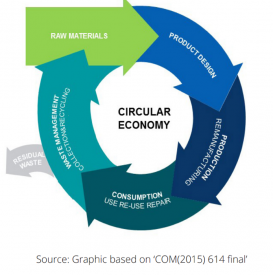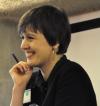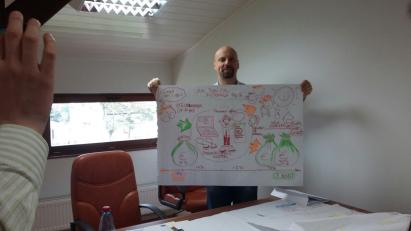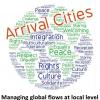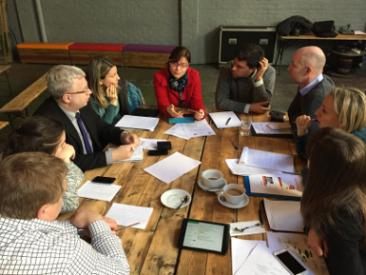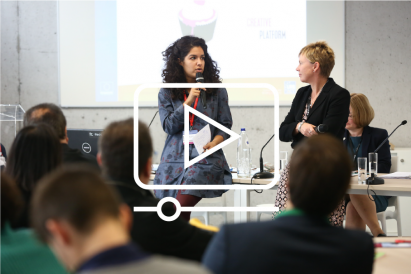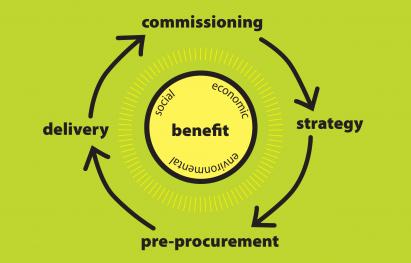Open for business? Europe’s cities and the skills challenge of the Next Economy
Eight years after the advent of the Global Financial Crisis, much of Europe's economy continues to be sluggish, with uneven rates of jobs and business growth across the EU. There are, of course, bright spots on the map, but overall the picture remains disappointing.
As ever, the coming battle focuses on cities, where most businesses and jobs are concentrated. In those economies that remain weak, it is our cities which display the highest rates of joblessness. Equally, it is in our dynamic urban areas where hopes for business and jobs growth are highest.
The EU has consistently identified the key role cities occupy in relation to the skills and jobs agenda. A long history of macro policy statements and policy directives confirms this. The most recent of these is the launch of the Jobs and Skills Partnership within the Urban Agenda for the European Union. Another is the New Skills Agenda for Europe, which proposes a 10 point plan to boost EU citizens’ skills, particularly at the basic level.
But what does this mean in practice? This article will explore the challenges and opportunities facing cities in relation to the jobs and skills agenda. It will pay particular attention to assumptions about future growth – itself increasingly challenged as a beneficial concept. In doing so the article will touch upon the concept of the Next Economy, and what Jeremy Rifkin has described as the Third Industrial Revolution (TIR). Under this scenario, we will need a radical rethink of the way we prepare citizens for what is ahead.
We will explore what the Jobs and Skills Partnership can do to support cities' adjustment to this anticipated step change in the economy. Finally, the article will reflect on the leading work of cities in this area, as well as considering the contribution that the URBACT Programme can make.

